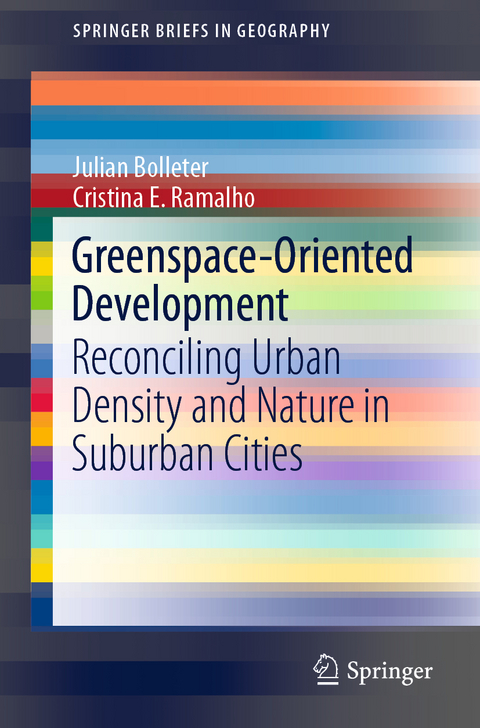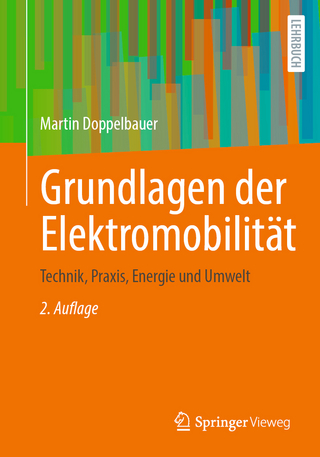
Greenspace-Oriented Development
Springer International Publishing (Verlag)
978-3-030-29600-1 (ISBN)
Dr Julian Bolleter is Co-Director of the Australian Urban Design Research Centre (AUDRC) at The University of Western Australia. His role at AUDRC includes teaching a master's program in urban design and conducting urban design related research and design projects. Julian is a landscape architect and urban designer and has worked in Australia, the USA, the UK and the Middle East. He has completed a PhD concerning urban development in Dubai and has published six books. Julian's research focusses on the design of new cities, urban densification and multifunctional public open space. He has received funding from the Australian Research Council, Healthways and the Western Australian Government. Dr Cristina E. Ramalho is a postdoctoral research fellow in urban ecology at The University of Western Australia. She is Project Leader of the Urban Greening for Liveability and Biodiversity Project within the Clean Air and Urban Landscapes Hub of the Australian National Environmental Science Program. Cristina's work is inter-disciplinary and focuses on how we can better plan, design and manage urban environments in order to make these more livable and biodiverse. She is particularly interested in: 1) understanding how the design of urban green spaces can be better informed by multidisciplinary knowledge aiming to optimize their socio-ecological benefits; 2) conservation of urban biodiversity, especially remnant plant communities; and 3) integration of traditional knowledge in land-use and water planning and biodiversity conservation.
Chapter 1. Introduction.- Chapter 2. Transit-Oriented Development (TOD) and its problems.- Chapter 3. Why GOD? The benefits of Greenspace-Oriented Development 1.- Chapter 4. A manual for implementing Greenspace-Oriented Development.- Chapter 5. Conclusion.
| Erscheinungsdatum | 10.10.2019 |
|---|---|
| Reihe/Serie | SpringerBriefs in Geography |
| Zusatzinfo | XV, 94 p. 51 illus., 50 illus. in color. |
| Verlagsort | Cham |
| Sprache | englisch |
| Maße | 155 x 235 mm |
| Gewicht | 183 g |
| Themenwelt | Naturwissenschaften ► Biologie ► Ökologie / Naturschutz |
| Naturwissenschaften ► Geowissenschaften ► Geografie / Kartografie | |
| Sozialwissenschaften ► Soziologie ► Spezielle Soziologien | |
| Technik ► Bauwesen | |
| Schlagworte | Australian Urban Design • densification • Green Cities • Green Orientated Development (GOD) • Green Spaces in Cities • public open space • Transport Orientated Development (TOD) • Urban Consolidation • urban geography and urbanism • Urban Greening Strategies |
| ISBN-10 | 3-030-29600-8 / 3030296008 |
| ISBN-13 | 978-3-030-29600-1 / 9783030296001 |
| Zustand | Neuware |
| Informationen gemäß Produktsicherheitsverordnung (GPSR) | |
| Haben Sie eine Frage zum Produkt? |
aus dem Bereich


